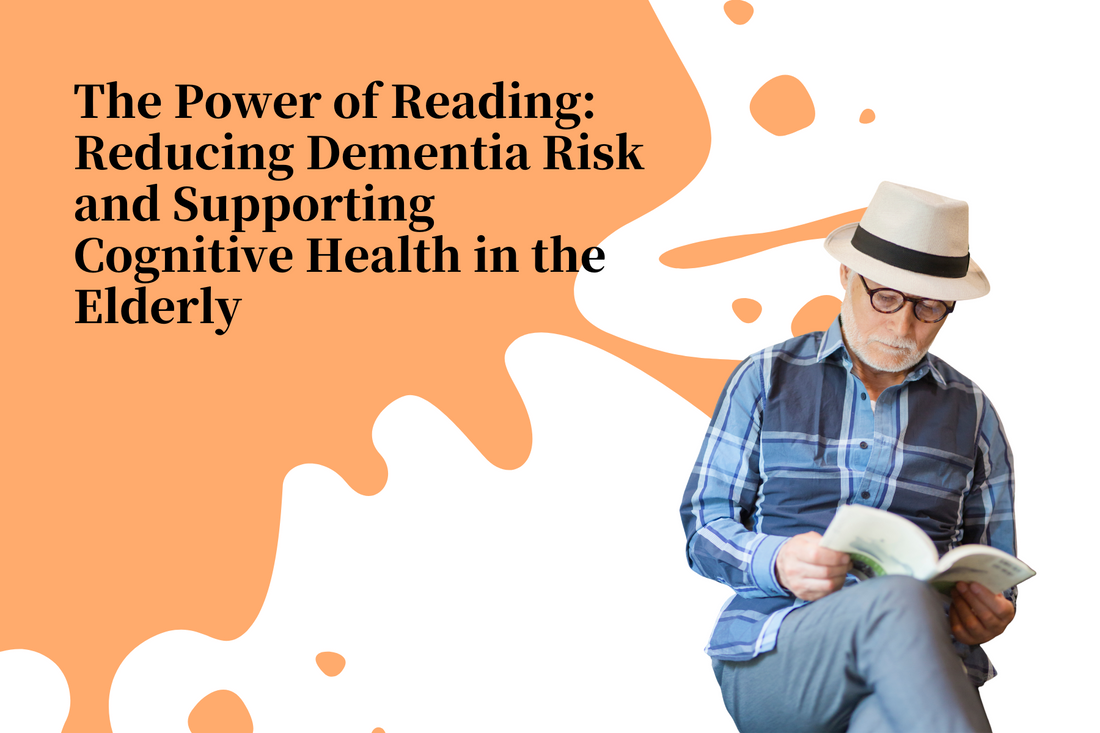The Power of Reading: Reducing Dementia Risk and Supporting Cognitive Health in the Elderly
I. Introduction
New research suggests that reading and mental stimulation could significantly lower the risk of developing dementia. A study published in 2018 by Gamma Psychiatry followed over 15,000 people aged 65 and above, all dementia-free at the start of the study. It revealed that those who participated in daily intellectual activities had a notably reduced risk of dementia, regardless of health issues, lifestyle factors, demographics, or socioeconomic status.
II. The Cognitive Benefits of Reading
Reading provides a plethora of cognitive health benefits. It requires attention, concentration, and mental processing, which in turn helps maintain a healthy and active brain. Though reading alone cannot guarantee complete protection against dementia, engaging in daily reading activities may reduce the risk.
III. Choosing the Right Reading Material
The choice of reading material differs among individuals based on their preferences. However, certain types of books provide more mental stimulation than others:
Fiction and Literature: Novels and short stories allow readers to explore different worlds, spurring imagination and critical thinking.
Non-fiction Books: Books on various subjects, such as history, science, and philosophy, expand knowledge and promote intellectual curiosity.
Jigsaw Puzzles and Brain Games: Puzzle books and other mental challenges enhance problem-solving skills and boost mental agility.
Educational Books: Books on topics like art, music, and nature offer new insights and encourage continual learning.
IV. The Importance of Social Reading
Joining reading groups or book clubs can be an effective way to enhance the reading experience. These platforms offer opportunities for socialization, participation in discussions, and idea exchange about different books.
V. Reading and Dementia Patients
For dementia patients, reading can be a helpful tool even after diagnosis. While challenges such as fatigue and concentration issues may arise, many patients retain the ability to read.
For early dementia, short stories or news articles could be ideal.
As the disease progresses to a moderate stage, books with shorter sentences might be easier to comprehend.
In advanced stages, phrases and proverbs with brief sentences can be useful.
Using books with clear, large prints and illustrations can also be beneficial. Encouraging patients to write reading notes and annotate alongside the books can enhance engagement.
VI. Conclusion
Reading's cognitive benefits can be harnessed at any age. Even if one begins a reading program in old age, the effects can still be significant in delaying or preventing dementia. For individuals between 30 and 65 without cognitive decline problems, cultivating a habit of reading can be a highly beneficial preventive measure against future dementia risk.


